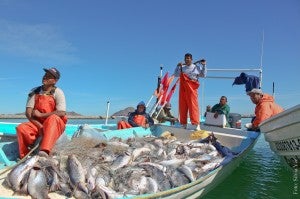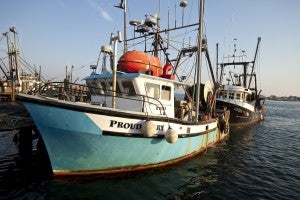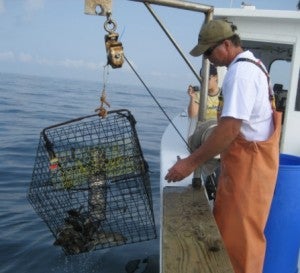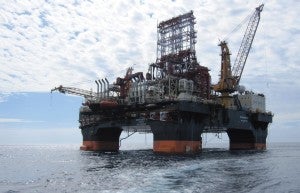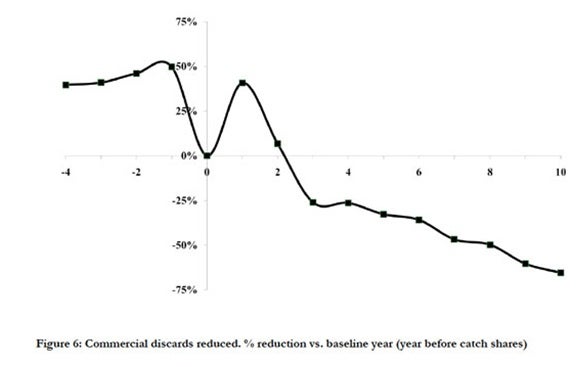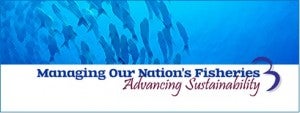 America’s fishing laws are generally working well to rebuild fish stocks, but there is still work to be done to make sure that our sustainable fisheries are sustainable for fishermen. That was the takeaway message from the recent gathering of the nation’s top fisheries advisors, scientists, members of regional councils and the eNGO community who gathered in Washington DC for the “Managing Our Nations Fisheries 3” conference on May 7-9. The conference convened to discuss how concepts, policies, and practice of fishery sustainability can be advanced to make the system work better for fishermen and fishing communities. It provided a forum for information exchange and an opportunity to hear a wide range of perspectives on the sustainability of fish stocks and ecosystem, and the fishing communities that depend on them.
America’s fishing laws are generally working well to rebuild fish stocks, but there is still work to be done to make sure that our sustainable fisheries are sustainable for fishermen. That was the takeaway message from the recent gathering of the nation’s top fisheries advisors, scientists, members of regional councils and the eNGO community who gathered in Washington DC for the “Managing Our Nations Fisheries 3” conference on May 7-9. The conference convened to discuss how concepts, policies, and practice of fishery sustainability can be advanced to make the system work better for fishermen and fishing communities. It provided a forum for information exchange and an opportunity to hear a wide range of perspectives on the sustainability of fish stocks and ecosystem, and the fishing communities that depend on them.
This conference is an important exercise because it gives the entire fishing community (managers, fishermen, NGOs, industry etc.) the opportunity to think broadly about what’s been happening on the water and apply it to big policy issues that need to be resolved, clarified or improved. Read More










